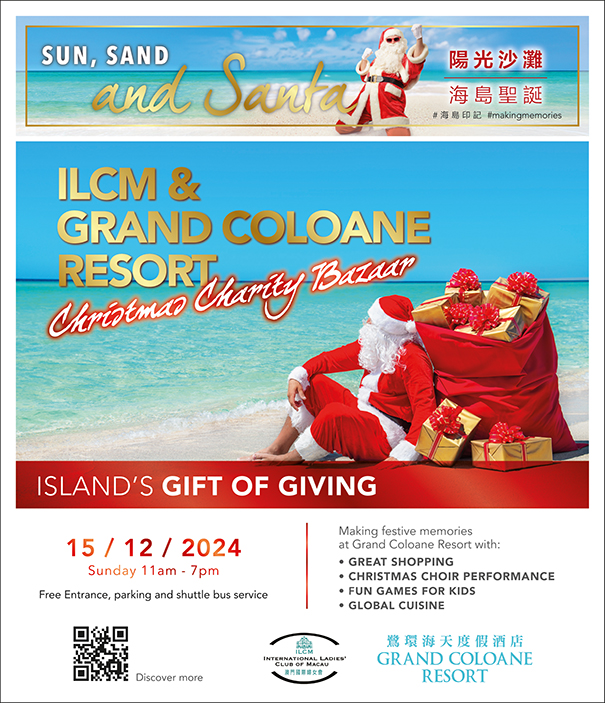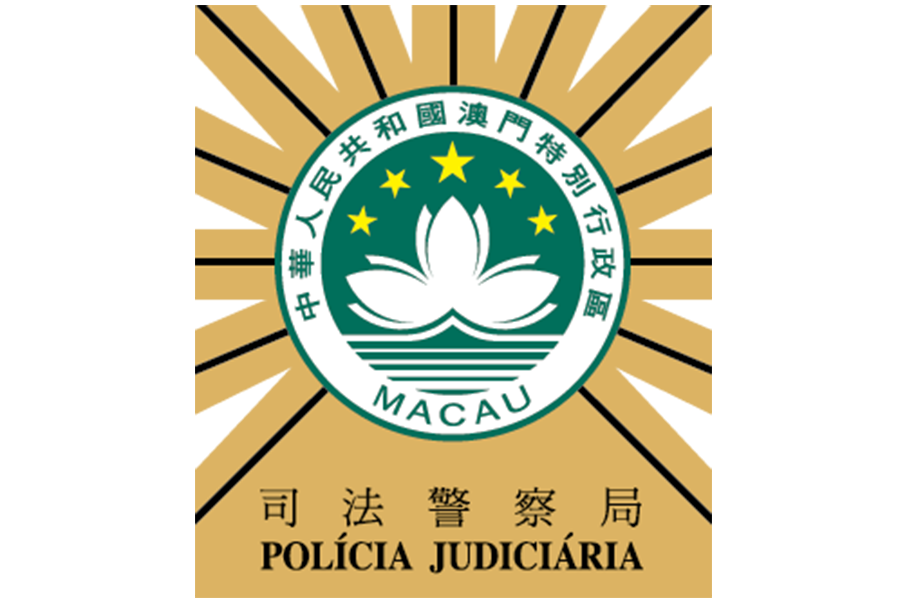Addressing yesterday’s press conference about Macau’s novel coronavirus situation, the Health Bureau’s (SSM) Control of Communicable Diseases and Surveillance of Diseases Department Coordinator Leong Iek Hou announced that residents will have to add their home address to their Macau Health Code from January 7, otherwise they will not be able to get the code generated on their smartphones.
In addition to local residents, the new requirement will also apply to non-locals living or staying in Macau, who will need to indicate the address of the place where they usually stay, such as workplaces, casinos or hotels, according to Leong.
Macau Health Code users can add their address to the code from today. During the 14 day-transition period until January 7, they can choose not to add the address, in which case they can still have their health code generated on their smartphones, according to Leong.
According to Leong, the address to be added to the Macau Health Code is not a full address, which means that it will only indicate the building where the user lives or stays, without detailing the floor or flat. Leong said that this arrangement would protect personal data privacy.
Leong said that the new Macau Health Code requirement aims to help the possible implementation of the local government’s community-based COVID-19 prevention and control measures – in case the city confirms new local COVID-19 cases, as this would enable the local health authorities to quickly identify whether a particular person lives or stays in a COVID-19 affected area.
The Macau Health Code, which was launched in early May, consists of three colours: red, yellow and green.
A green Macau Health Code is required for people to enter public administration offices, casinos and private premises such as banks. A yellow Macau Health Code indicates a certain risk that a person has possibly been infected with the novel coronavirus disease, barring them from crossing the border and entering public administration offices, casinos and certain private premises. A person with a yellow Macau Health Code is required to practise “self-health management” lasting for a certain number of days decided by the health authorities. Red indicates a confirmed or suspected COVID-19 case, or a person who has been in close contact with a confirmed COVID-19 patient.
Real-name registration is used in the Macau Health Code system, which asks its registrants three things, namely 1) symptoms, 2) COVID-19-patient contact history, and 3) travel history.
Currently, after the registrants fill in their personal details (such as name, ID card number and date of birth) and contact information and answer the three questions, the system compares the information provided by the user with the bureau’s database before generating a health code – either in red, yellow or green – for each registrant.
After a Macau Health Code user fills in the personal and contact information for the first time, afterwards they will only have to answer the three questions each time so as to generate a health code before they can enter certain premises in the city or cross the border.
Secretary for Social Affairs and Culture Elsie Ao Ieong U first said in September that the Macau government was studying the feasibility of the possible implementation of community-based COVID-19 prevention and control measures in the city – in case it confirms new local COVID-19 cases – in reference to the mainland’s measures.
Ao Ieong told lawmakers early this month that the government has been drafting a plan on how to implement the mainland-style community-based COVID-19 control measures, officially known as accurate COVID-19 prevention and control measures divided by areas and levels.
Ao Ieong said early this month that the government planned to divide Macau into 30 “COVID-19 affected areas” for the possible implementation of the community-based COVID-19 control measures, which she said was merely part of the government’s contingency plan in response to the possibility of Macau confirming new local COVID-19 cases, adding that for the time being there was no need for the government to roll out the measures.
Ao Ieong also revealed early this month that according to the local government’s plan for the implementation of the measures, the Macau Health Code of all residents living in the areas where COVID-19 has been confirmed will indicate yellow, in which case they will not be allowed to cross the border.
‘Very easy’ to add address to Health Code
During yesterday’s press conference, Leong said that it will be “very easy” for Macau Health Code users to add their address to the Macau Health Code system. Leong said that while local residents will have to fill in their local home address, non-locals living or staying in Macau will have to fill in the address of the place where they are usually engaged in their respective activity, such as workplaces or places of study. Other non-locals such as tourists will have to fill in the address of the place where they plan to stay or which they plan to visit, such as casinos, hotels, convention and exhibition facilities, or banquet venues.
According to Leong, during the 14 day-transition period until January 7, local residents can choose 1) to fill in the address now, 2) not to fill in the address for the time being, or 3) to agree to authorise the Health Bureau to obtain the information about their address from the Identification Services Bureau (DSI) in case Macau confirms new local COVID-19 cases, when generating their Macau Health Code on their smartphones. Leong said that as non-locals do not have their address information stored by the Identification Services Bureau (DSI), they will not have the third option when using the Macau Health Code system.
January 7 deadline
Leong noted that as of January 7 there won’t be the option of not adding one’s address to the Macau Health Code system.
Leong underlined that Macau Health Code users cannot have a health code generated on their smartphones starting from January 7 if they do not provide their address – by either filling in the address themselves or by agreeing to authorise the Health Bureau to obtain their address information from the Identification Services Bureau.
Leong also said that the new address requirement for the Macau Health Code aims to enable the Macau health authorities to prepare for the possible implementation of the community-based COVID-19 control measures. “In case Macau is hit by a COVID-19 epidemic, we can quickly identify the people who live or stay in a COVID-19 affected area so as to change their Macau Health Code colour, which will enable us to quickly carry out the accurate prevention and control measures divided by areas and levels,” she said.
‘Very high’ usage rate of Health Code
Leong also said that 540,000 local residents have used the Macau Health Code since its inception, indicating a “very high” usage rate.
Macau has not recorded a new COVID-19 case for 180 days, while no local case has been confirmed in 269 days.
170 million ‘government facemasks’ sold
Meanwhile, the 25th round of the government’s facemask purchase scheme will start on Monday. The facemasks sold under the scheme are colloquially known as “government facemasks”.
Under the facemask purchase scheme, each local resident, non-resident worker and non-local student enrolled in Macau’s higher education institutions are entitled to buy 30 facemasks at the fixed price of 24 patacas every 30 days at designated outlets upon presentation of their original Macau ID card, work permit or student card.
Under the 30-day scheme, parents or legal guardians are entitled to buy 30 facemasks for each child aged between three and eight.
There will be 83 outlets for the upcoming round of the scheme which runs until January 26, comprising 57 designated pharmacies, eight health centres in Macau and Taipa and two health stations in Coloane run by the Health Bureau, as well as 16 so-called service points run by the Macau Federation of Trade Unions (Gung Luen), Macau General Union of Neighbourhood Associations (Kai Fong) and Macau Women’s General Association (Fu Luen).
Alvis Lo Iek Long, a clinical director of the public Conde de São Januário Hospital Centre, said that 170 million facemasks have been sold under the government’s facemask purchase scheme since its launch in January.

Health Bureau (SSM) Control of Communicable Diseases and Surveillance of Diseases Department Coordinator Leong Iek Hou addresses yesterday’s press conference about the city’s novel coronavirus (COVID-19) situation.
Photo: GCS






